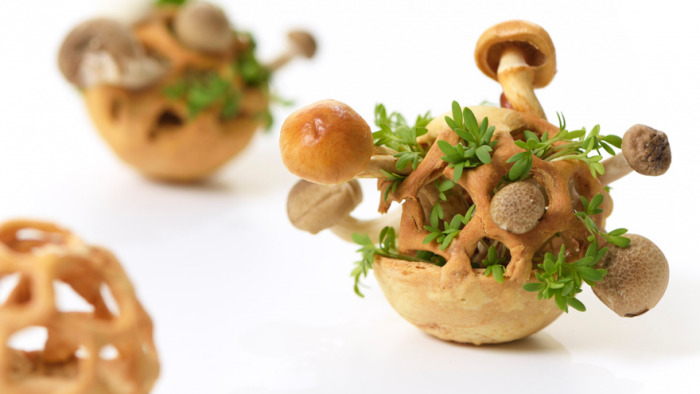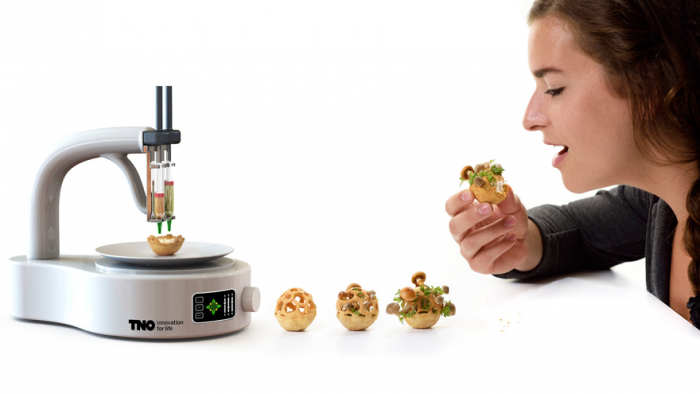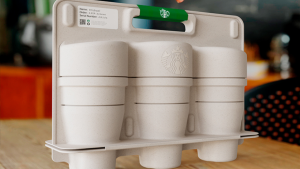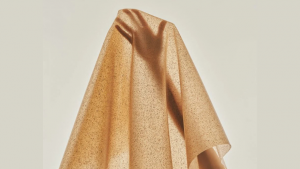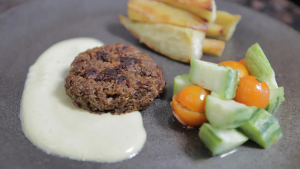Edible Growth is the food science creation of Eindhoven University of Technology graduate Chloé Rutzerveld. It is a critical look at current 3D-printing technology and its capacity for deliciousness.
Rutzerveld designed a sphere-shaped edible basket made from a gelatinous, vegan-friendly substance known as agar which acts as a vessel for further growth. After the doughy basket emerges from the food-augmented 3D-printer, it is stuffed with a layer of seeds, mushroom spores and yeast. Within 5 days of gestation, the seeds sprout, the mushrooms mature and the yeast transforms the solid agar interior into a more liquid state, ready to be chowed down.
“[It’s] an example of high-tech but fully natural, healthy, and sustainable food made possible by combining aspects of nature, science, technology and design,” she explained to ABC News.
Currently, Edible Growth remains a prototypical look at the way food can be produced healthily and cleanly in the future. Due to the considerable time requirement and lack of mass-distribution potential at this time, the project is a speculative look at what healthy food manufacturing of tomorrow could look like.
Though Edible Growth demonstrates the compelling versatility of modern 3D-printing machines, our technology is not advanced enough to navigate or synthesise ingredients that are more complex than sugar, dough, chocolate or agar – yet. Part of Rutzerveld’s motivation for the project was to show that high-tech and laboratory-based food design does not automatically mean it is unnatural or tasteless.
“New technologies have always influenced our eating habits, food supply chains, preparation methods and introduced entirely new food products to the market,” said Rutzerveld, “So why are we using additive manufacturing techniques to create fancy shapes of existing foods? Starting from this critical view, I made it my mission to find a way to use this technology to create healthy, functional food that could contribute in solving world food problems and environmental issues.”

